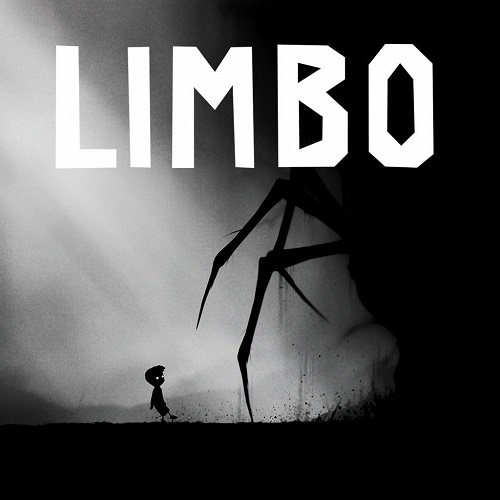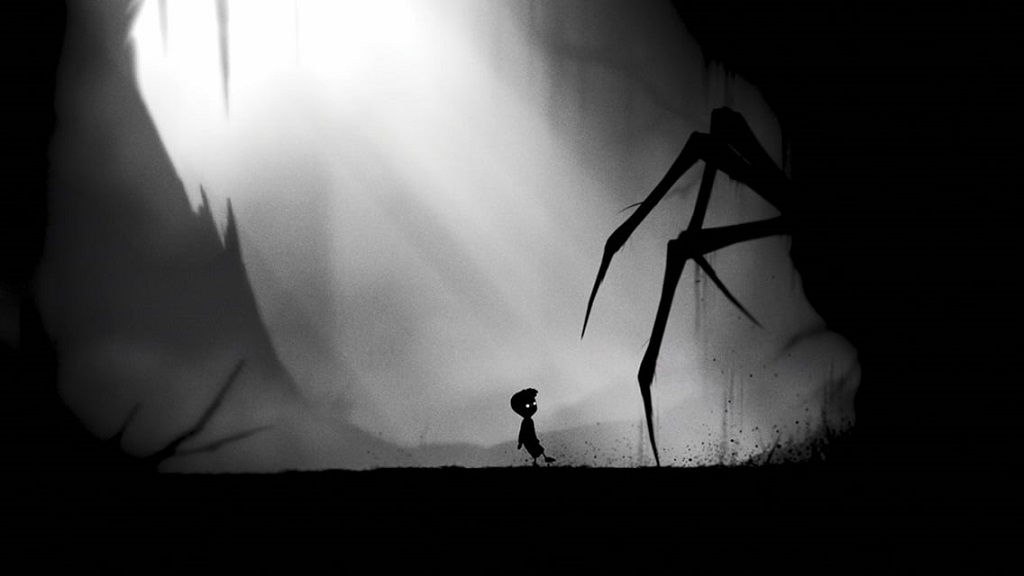
Limbo Mobile Game Review
Limbo is a critically acclaimed indie puzzle-platformer that originally debuted on July 21, 2010. Developed by Playdead, a Danish independent game studio, Limbo quickly gained a reputation for its minimalist art style, eerie atmosphere, and challenging puzzles. The game was initially released for Xbox Live Arcade but has since been made available on multiple platforms, including mobile devices.
The game’s unique aesthetic, characterized by monochromatic visuals and a hauntingly ambient soundtrack, creates an immersive experience that has captivated players worldwide. Limbo’s simple yet profound storytelling, conveyed without dialogue, relies heavily on environmental clues and visual storytelling. This approach has made the game a standout in the indie game scene and a beloved title among gamers.
Game Plot and Game Mechanics
Limbo follows the journey of a young boy who awakens in a dark, mysterious forest on the edge of hell (limbo). The game does not provide explicit details about the boy’s background or the reasons for his journey, which adds to the overall sense of mystery. Players must navigate the boy through various environments, solving puzzles and overcoming deadly obstacles to progress.
The game mechanics are straightforward yet highly effective. Players control the boy using simple touch controls, guiding him to jump, push, pull, and manipulate objects within the environment to solve puzzles. The game’s physics-based puzzles are ingeniously designed, often requiring players to think outside the box and pay close attention to the environment. The absence of hand-holding and tutorials enhances the sense of exploration and discovery.
Tips for New Players
- Pay Attention to the Environment: Many of Limbo’s puzzles are intricately tied to the surroundings. Observing subtle hints in the environment can often provide clues to solving puzzles.
- Be Patient: Limbo’s puzzles can be quite challenging, and it may take several attempts to figure them out. Patience and persistence are key to progressing through the game.
- Experiment: Don’t be afraid to experiment with different approaches to puzzles. The game’s design encourages creative problem-solving, and sometimes unconventional methods are the key to success.
How to Play
- Use Touch Controls: On mobile devices, Limbo utilizes touch controls for movement and interaction. Swipe left or right to move the boy and tap the screen to jump.
- Interact with Objects: Many puzzles require you to interact with objects in the environment. Tap and hold on objects to push or pull them, and use them to reach new areas or solve puzzles.
- Avoid Hazards: The world of Limbo is filled with deadly traps and hazards. Timing and precision are crucial to avoid these dangers and progress through the game.
- Solve Puzzles: Each area of the game presents unique puzzles that must be solved to move forward. Pay attention to the environment and think creatively to overcome these challenges.

How Players Rate This Game
Limbo has received widespread acclaim from both critics and players alike. The game’s atmospheric design, challenging puzzles, and unique visual style have been praised for creating a memorable and engaging experience.
Players often highlight the game’s ability to evoke emotions and create a sense of immersion. The haunting soundtrack and minimalist visuals contribute to a gripping atmosphere that keeps players engaged from start to finish.
Critics have also lauded Limbo for its innovative approach to storytelling and gameplay. The game has received numerous awards and nominations, cementing its status as a classic in the indie game genre.
Is It Worth Waiting for a Continuation?
While there has been no official announcement of a direct sequel to Limbo, Playdead’s subsequent release, Inside, has been regarded as a spiritual successor. Inside builds on many of the themes and mechanics introduced in Limbo, offering a similarly immersive and challenging experience.
Fans of Limbo can look forward to Playdead’s future projects, as the studio continues to push the boundaries of indie game development. The unique atmosphere and innovative gameplay that defined Limbo are likely to be present in any future titles from the studio.
In conclusion, Limbo remains a must-play title for fans of puzzle-platformers and atmospheric games. Its timeless design and compelling gameplay continue to captivate new players, and the anticipation for Playdead’s future projects remains high.
